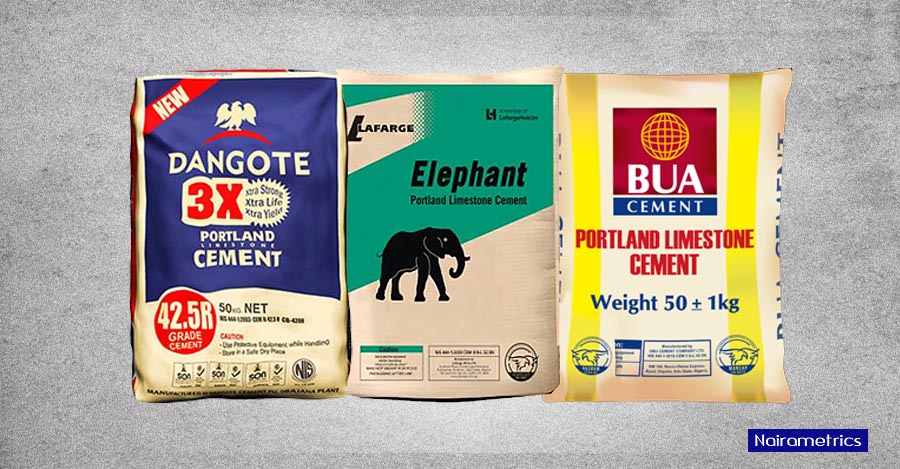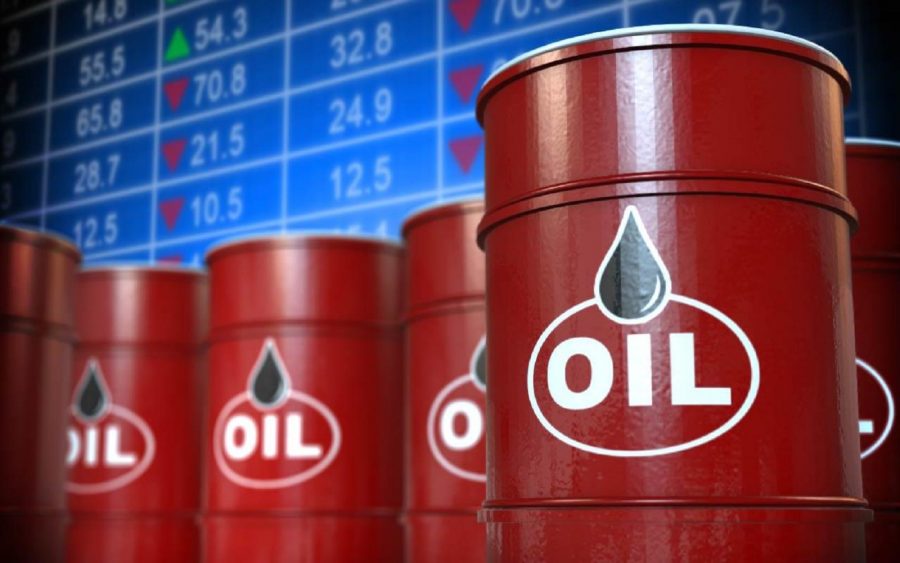Race to sell-offs for portfolio rebalancing ahead of the 2023 elections saw the shares of Dangote Cement Plc, BUA Cement Plc and Lafarge Africa Plc in the past seven trading days losing N291.098 billion.
This is despite that the sector witnessed an improved performance in half year 2022 on various parameters like credit growth, asset quality, and profitability.
Pre-election years are usually characterized by negative sentiments which also result in the exit of foreign investors.
Market experts believe that domestic Investors’ sentiment is usually weak as they seek to reduce their market exposure when elections draw closer. The intensity of the impact is usually a function of the degree of political tension and uncertainty generated by political activities.
The total transactions done by domestic investors on the floor of the Nigerian Exchange Limited (NGX) grew by N1.490 trillion as against N273.16 billion recorded by foreign investors in the first seven months of 2022.
According to a statement from the NGX, the Domestic and Foreign Portfolio Investment (FPI) July 2022 report which captured these transactions as well as trading figures from market operators, domestic transactions stood at N1.465 trillion in the first seven months of 2021 while foreign transactions stood at N435 billion in the same period.
This means that total domestic transactions on the NGX grew by 1.70% while foreign transactions dropped by 37.24%. Although the July report revealed that total transactions at the nation’s bourse decreased by 35.36% from N156.52 billion (about $371.53 million) in June 2022 to N101.18 billion (about $236.86 million) in July 2022, the performance of the current month, however, when compared to the performance in July 2021 (N89.77 billion), total transactions increased by 12.71%.
Breakdown of the losses
- Checks by Nairametrics showed that Dangote Cement Plc dropped by 5.33% to N245 per share and N4.175 trillion in market capitalisation as at the close of trading on August 24th from N258.80 and N4.410 trillion which were the opening share price and market capitalisation on 16th August.
- Lafarge Africa Plc followed with a decline of 3.81% to N24.00 per share and N386.587 billion in market capitalisation from N24.95 per share and N401.889 billion in market capitalisation during the period under review.
- BUA Cement Plc trailed with a drop of 2.27% to N52.00 per share and N1.760 trillion in market capitalisation from share price of N53.20 and N1.801 trillion in market capitalisation at the commencement of the current year trading on August 16.
What Professor of Capital Market is saying
A former Commissioner for Finance in Imo State and Professor of Capital Market at the Nasarawa State University Keffi, Uche Uwaleke predicted that there will be portfolio rebalancing away from equities to fixed income securities, even as this period has been associated with the exit of foreign investors.
- His words: “Domestic Investors’ sentiment is usually weak as they seek to reduce their market exposure when elections draw closer. The intensity of the impact is usually a function of the degree of political tension and uncertainty generated by political activities
- “While the ASI depreciated in September for all penultimate election years, it appreciated in January for all election years except 2015. The outlier, January 2015, was the election year that ushered in the present administration characterized by high tension and uncertainty, compounded by the fall in international crude oil price and the rumoured break-up prediction of Nigeria in 2015 by the United States National Intelligence Council.”
- According to him, the bearish run experienced in the stock market in H2 of 2014 (largely on account of the tension) had lingered into January 2015.
- “To identify mis-priced stocks, the application of ‘Tobin-Q’ or ‘Kaldor’s V’ and Price/Earnings ratios is advised. Ultimately, the best strategy to shield the headwinds is to stay with securities that have solid fundamentals as well as ensure a well-diversified portfolio of investments, particularly during electioneering periods,” he advised.
Citing his earlier article titled, “Crystal-Gazing the Nigerian Stock Market in 2022,” Uwaleke said that the tight monetary policy meant to rein in inflation will result in higher fixed income yields and make equities investment less attractive, stressing that to overcome the headwinds that characterize H2 investment climate, investors in the Nigerian stock market will be well advised to follow the time-honoured cautious investment path of asset allocation, risk management and portfolio diversification.











